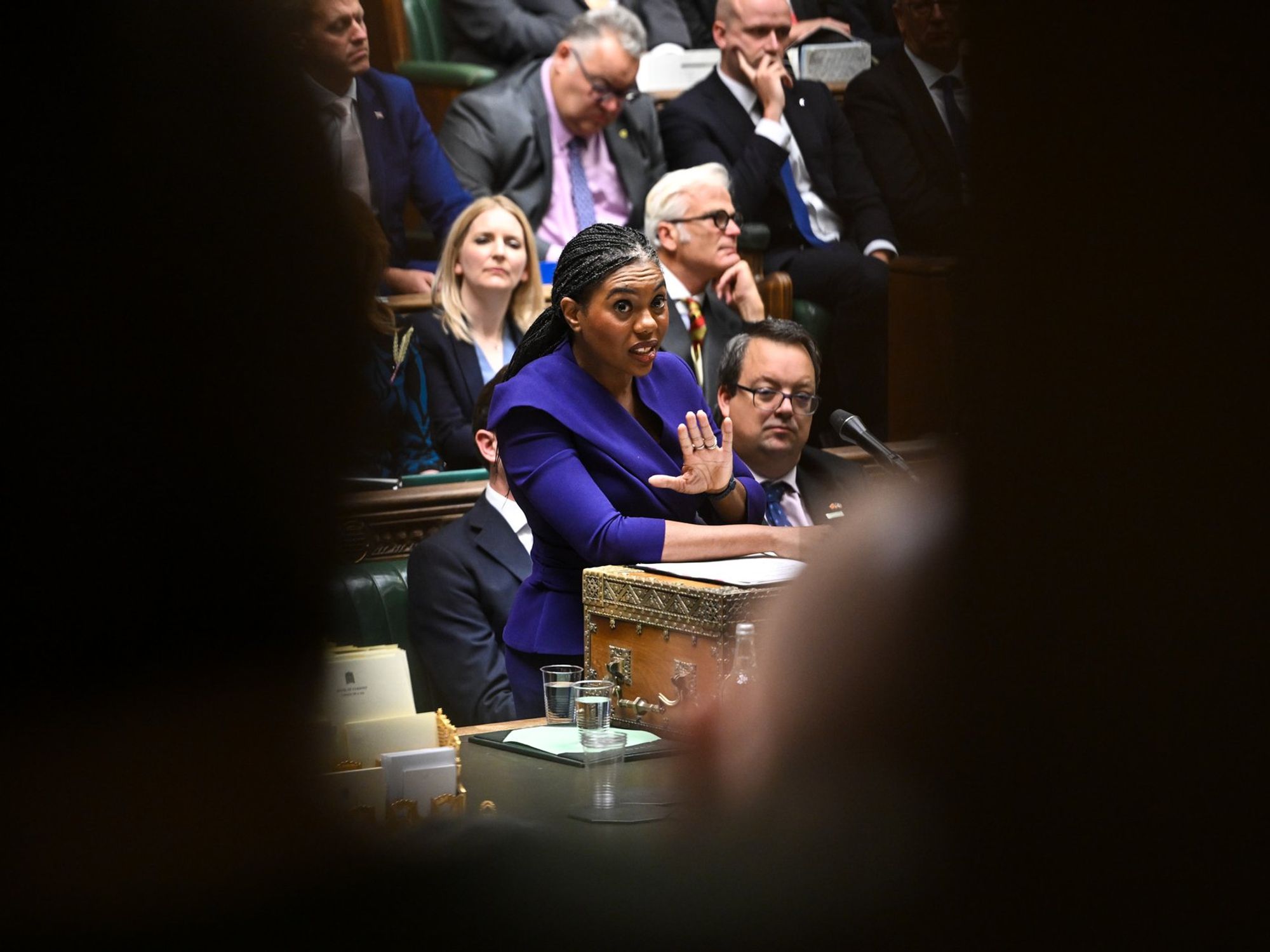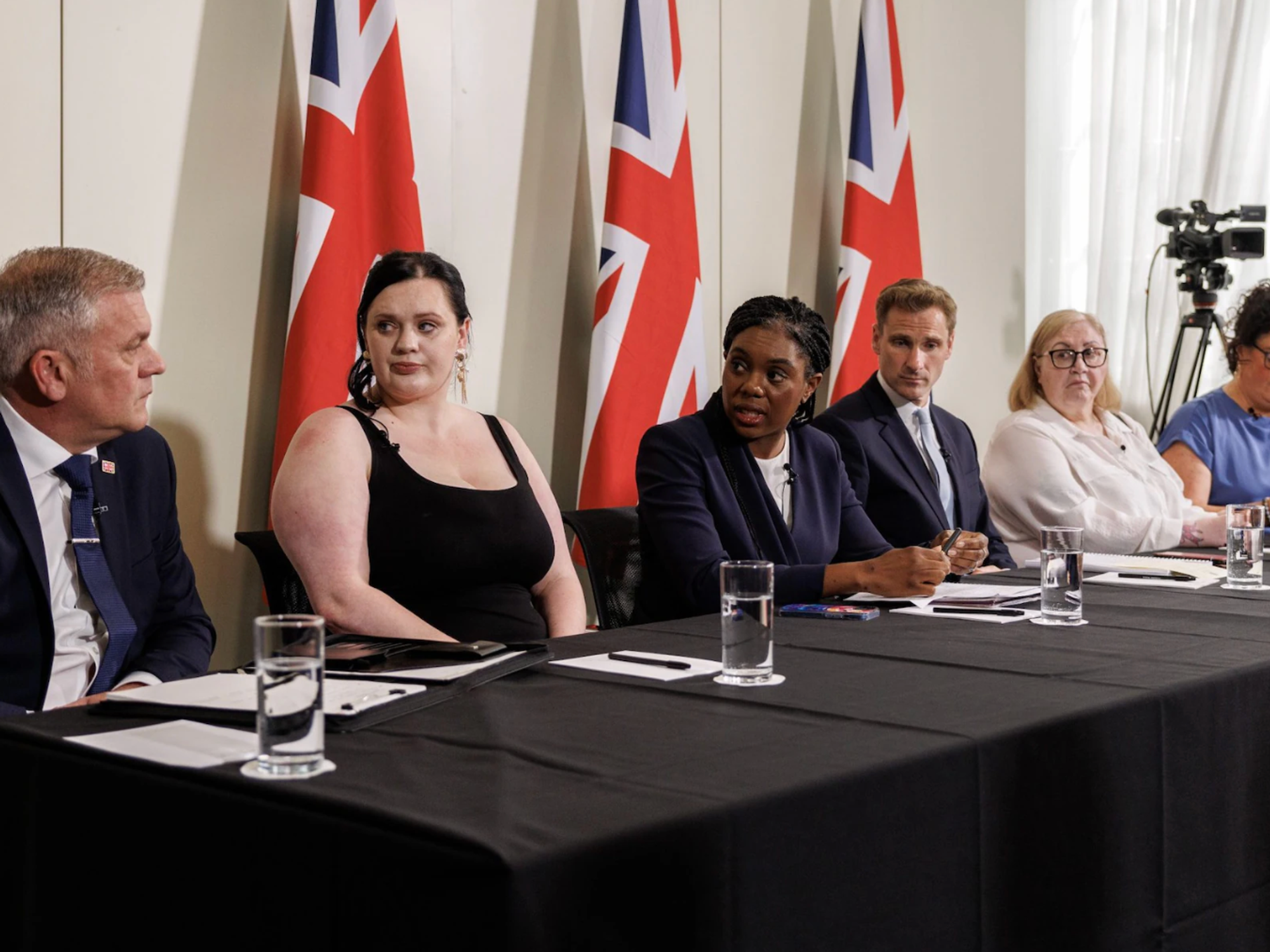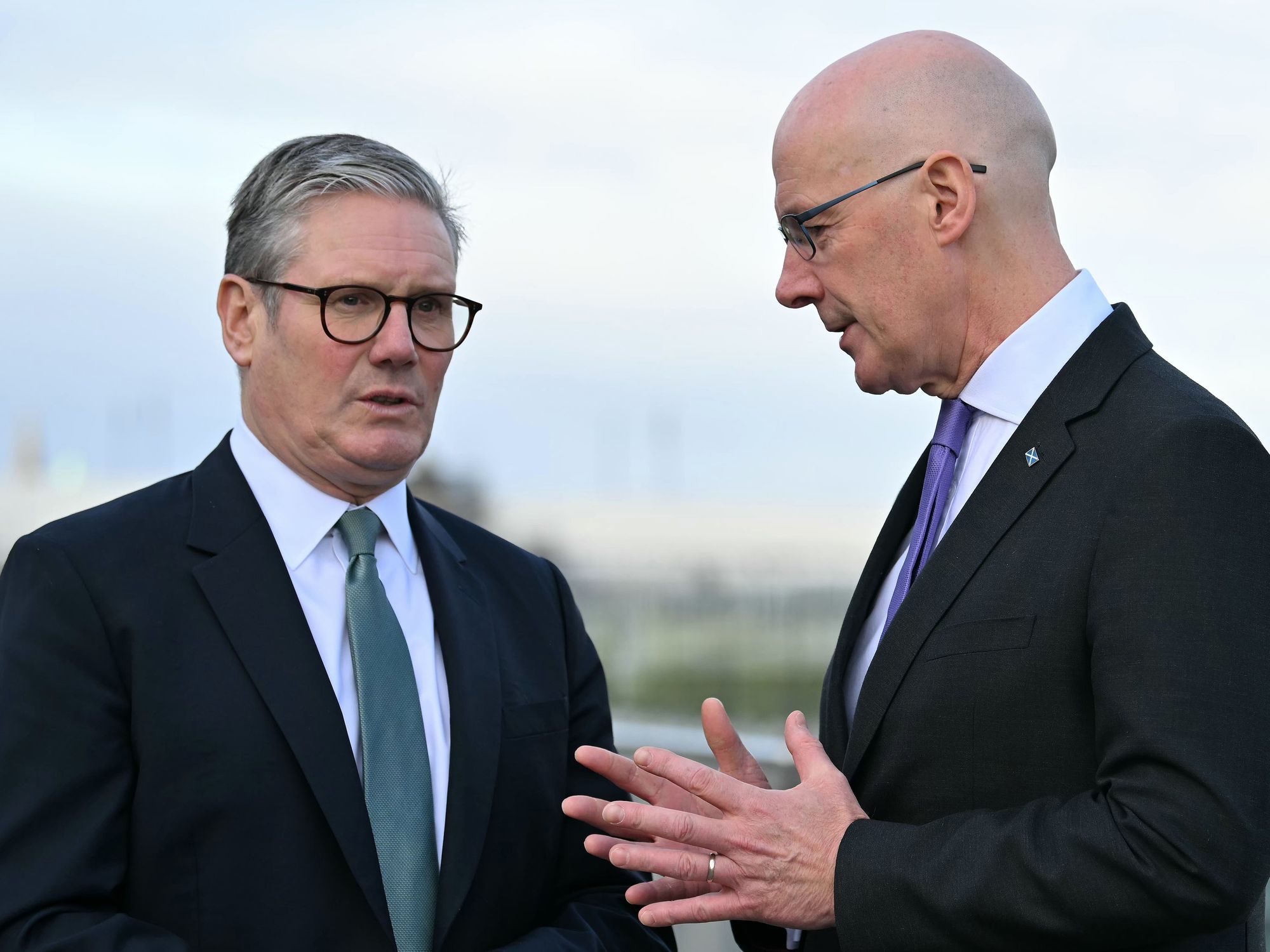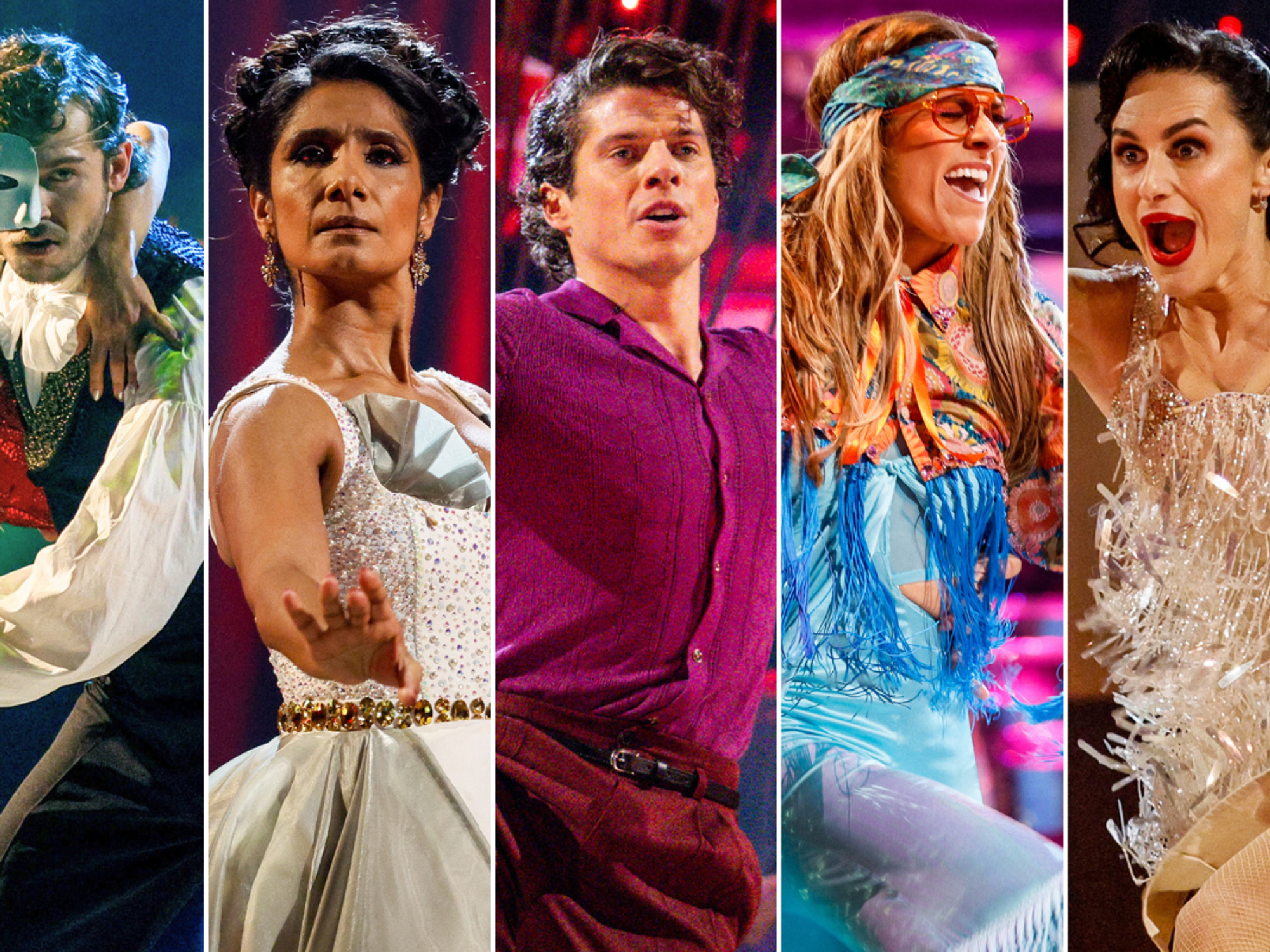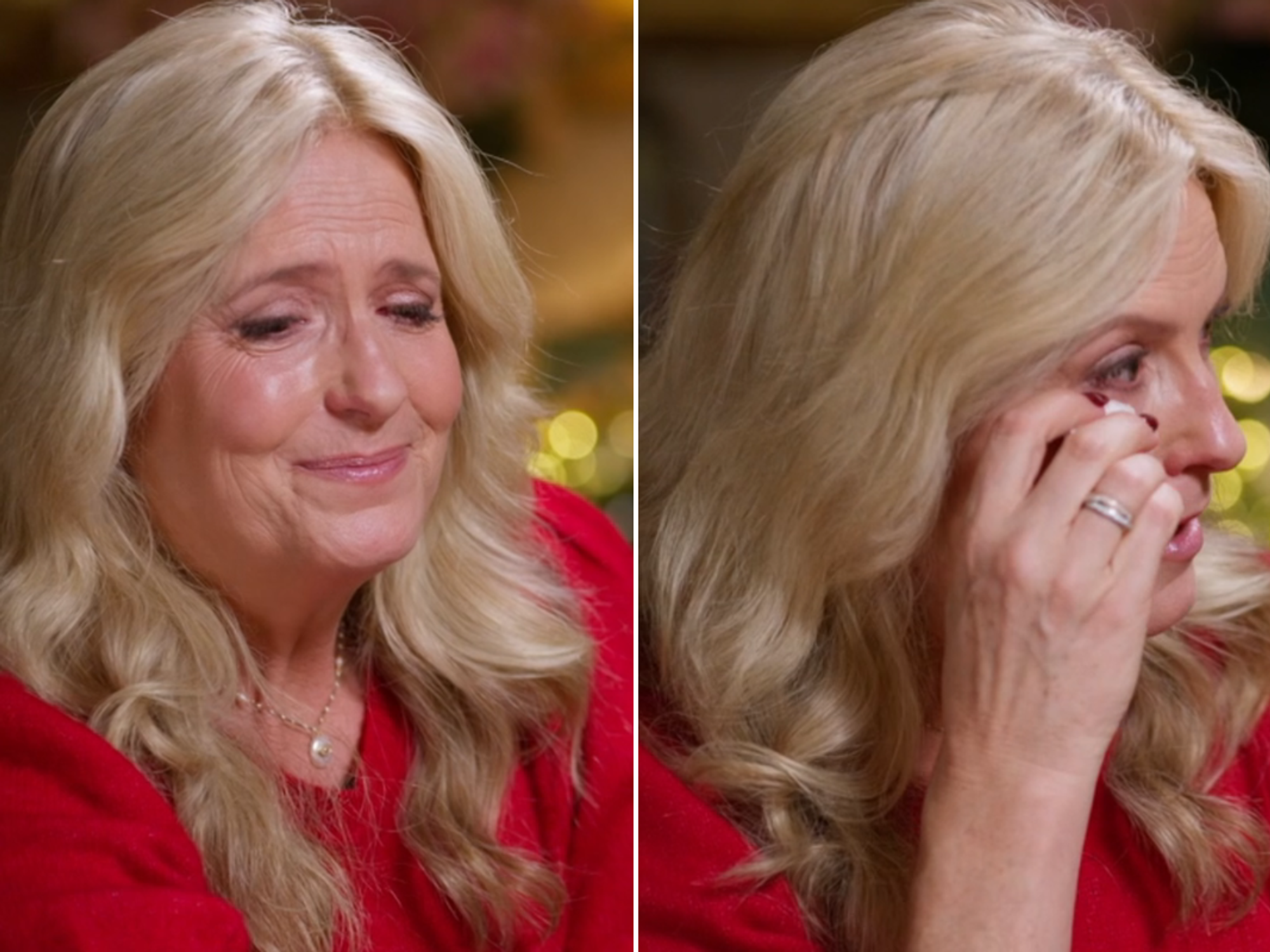New Year's Honours: ‘More to be done’ to ensure women receive top honours

Just over 600 women are recognised in the new year list, representing 47.9% of the total, but just 35.9% of recipients at CBE level and above are women.
Don't Miss
Most Read
There is “more work to be done” to ensure women receive top honours despite the new year line-up being the most ethnically diverse list to date, an official has said.
The New Year Honours list has 15.1% of recipients from an ethnic minority background, slightly higher than the line-up in June.
Just over 600 women are recognised in the new year list, representing 47.9% of the total, but just 35.9% of recipients at CBE level and above are women.
Alison Bennett, head of honours in the Cabinet Office’s Honours and Appointments Secretariat, told a press conference on Thursday: “Our ambition is again that we should see that looking more like 50/50.
“There’s certainly more work to be done. I don’t think progress has stalled but progress can be slow.
“We would like to ramp up the pace and make sure that we can do everything we can to make sure the right people are coming through into the system, are being nominated in the first place and are coming through the committee for recognition.”
The list has 4% of recipients from an Asian ethnic group, 3.6% from a black ethnic group, and 2.5% with a mixed ethnic background.
Just over 13% are disabled or have a long-term health condition, 25% are from a lower socioeconomic background and 3.5% are LGBT.
Two charity fundraisers received the British Empire Medal at the ages of 11 and 12, making them the youngest honours recipients on record.
Tobias Weller, 11, made the list following his series of fundraising challenges during the pandemic lockdowns.
Ms Bennett said: “We believe that the two people who are receiving honours on this list who are 12 and 11 are the youngest on record having received an honour.
“We have been trying over the last decade to be more inclusive in honours lists in a number of different ways and that includes recognition of people who are giving wonderful community service and are doing so at the beginning of their life and career.
“Part of the reason that we introduced the British Empire Medal in 2012 was an opportunity to try and give recognition to people who have that shorter service but was very high impact.
“We are starting to see, and have seen over a number of years, a greater number of awards coming forward for people who are younger and in their late teens or early 20s.
“We’ve had a couple of people in the last few years who are older and this goes to demonstrate the extent to which continued service is given in all walks of life from people of all backgrounds.
“We’re very pleased to be able to recognise such a breadth of different kinds of service from different parts of our community.”






